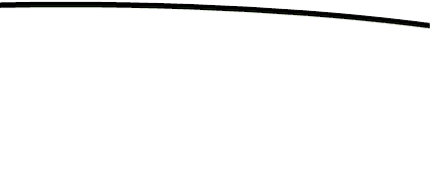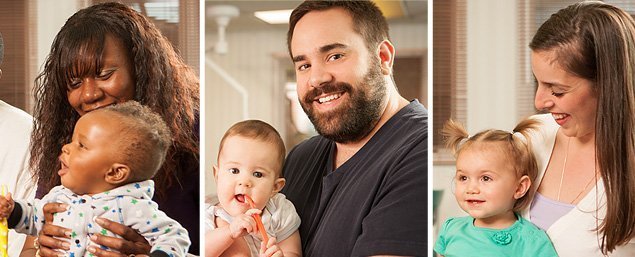





Written by: Sam Zwetchkenbaum, Dental Director, and Madeline Weil, Academic Scholar, Rhode Island Department of Health, Oral Health Program.
If you are a parent or caregiver, you know that kids are always on the move. Having an active child means that accidents can happen at any time, including to primary (baby) and permanent (adult) teeth. The International Association of Dental Traumatology reports that most dental injuries occur before age 19. Recent research also shows that one out of three toddlers and one out of four school-age children experience some form of dental trauma.
Common dental trauma injuries include knocked-out teeth, fractured teeth, and loose teeth. These injuries can result in tooth discoloration, eating difficulties, discomfort, and visible damage. Below are Rhode Island Department of Health guidelines for what to do if your child’s teeth are injured.
For more information on oral health and where to find dental care in Rhode Island, please visit: www.health.ri.gov/oralhealth/.
* If 20 minutes have passed since the tooth has been knocked out, rinse and store the tooth in milk, saliva, or between cheek and gum. Do not store tooth in water or touch the tooth root.
